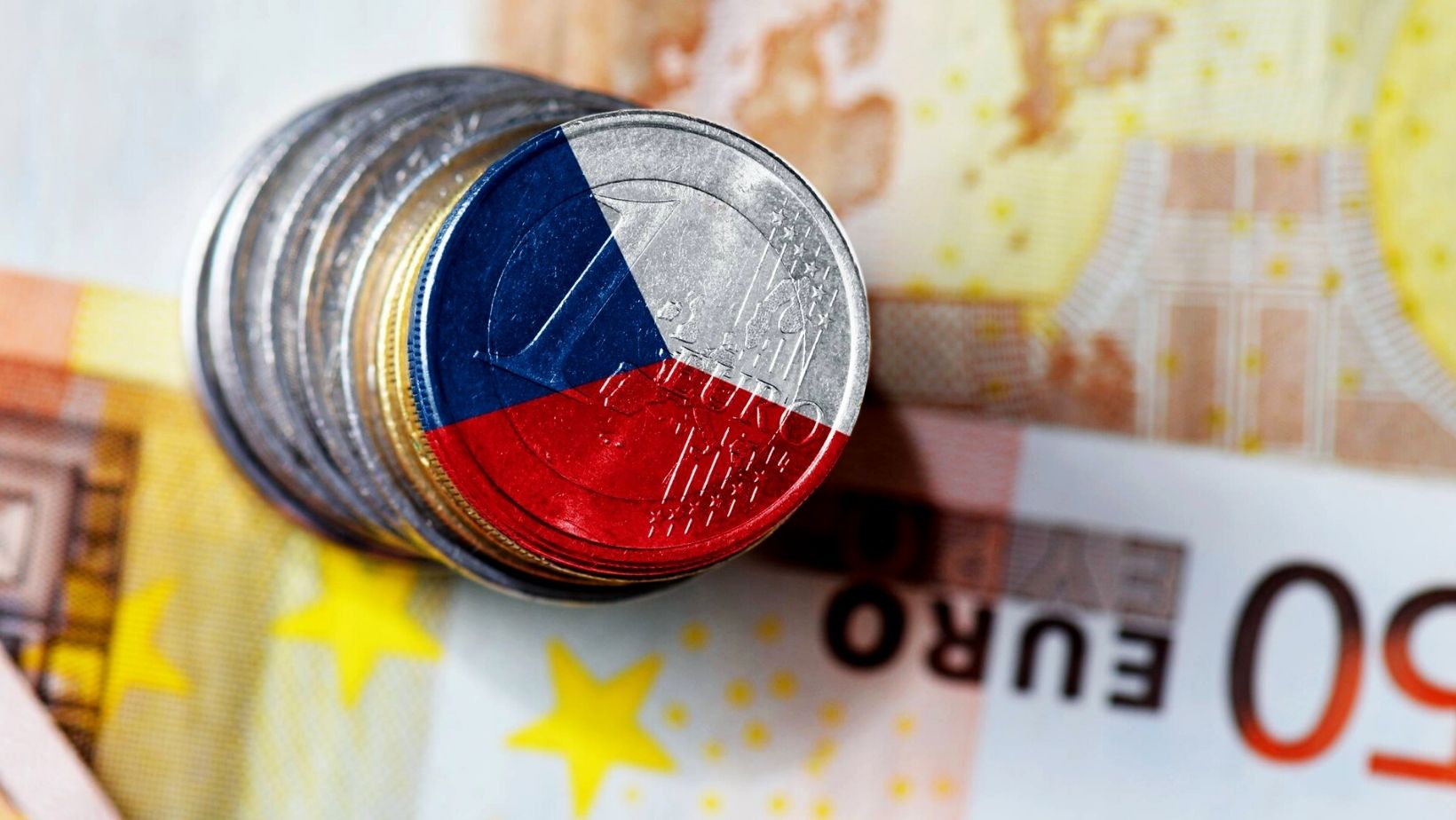The Chamber of Deputies Speaker Markéta Pekarová Adamová recently claimed that because inflation in the eurozone is lower than the 14.2 percent currently seen in the Czech Republic, it is a mistake that we do not have the euro.
You would have thought that everyone would have already gotten it by now, but here it is again…
Why open a discussion about its introduction again? For the TOP 09 party, it is nothing new under the sun. They are just looking out for their traditional sheep before the municipal elections in Prague.
The proposal is harmless because we, as probably all the eurozone members know, do not meet the relevant criteria, but fine, let’s have the debate.
First, according to the Eurostat methodology, we do not have inflation of 14.2 percent but 13.2 percent. Moreover, at the end of the table, I find that Switzerland has, by far, the lowest inflation at 2.2 percent.
Switzerland, with its certainly completely backward anti-Western orientation, still sticks to the Swiss franc and its monetary policy, and does not want to join the EU.
By the way, the Baltic countries are at the forefront of the inflation table with us and have had the euro for a long time, and just a short distance behind us are Belgium and the Netherlands.
One size does not fit all
With a basic knowledge of economics, you should understand that the rate of price growth in the currency used depends only on the extent to which monetary policy can reflect the development of the real economy — that means at what stage of the economic cycle it is, its performance, unemployment, and the degree of openness of the economy.
By understanding these dependencies, you quickly realize why inflation in countries with the same currency was 19.1 percent (Estonia) and 5.4 percent (France) in April. It is due to a phenomenon called one size fits all. The fact that one shirt fits someone like a glove inevitably means that someone else is getting strangled, and another person looks like an idiot wearing a tent.
Facts over blind faith
A common monetary policy in countries that it does not suit is simply damaging to the economy, especially if these countries do not have sufficient fiscal capacity to compensate at least a little for the European Central Bank (ECB). It thus contributes to the divergence of the economic performance of the eurozone member states instead of the originally promised convergence.
This is nothing new. Robert Mundell received the Nobel Prize for his theory of the optimal currency zone in 1999 before the euro was introduced.
One look at the European inflation ladder is a clear argument against the introduction of a common currency in the Czech Republic, not for it, at least it is for those who do not follow blind faith but verifiable facts.
We do not even have to talk about what will happen when the ECB starts to raise those rates and the debt service of the highly indebted countries of southern Europe grows.
Fear of this is the dominant reason for delaying the tightening of monetary policy and tolerating inflation devastating economies in the north of the continent.
-
NEWSLETTER
Subscribe for our daily news










